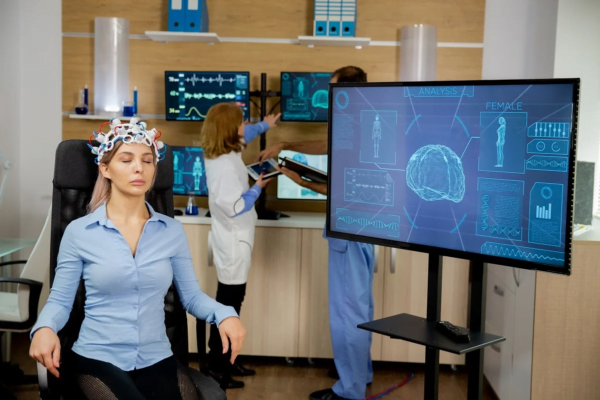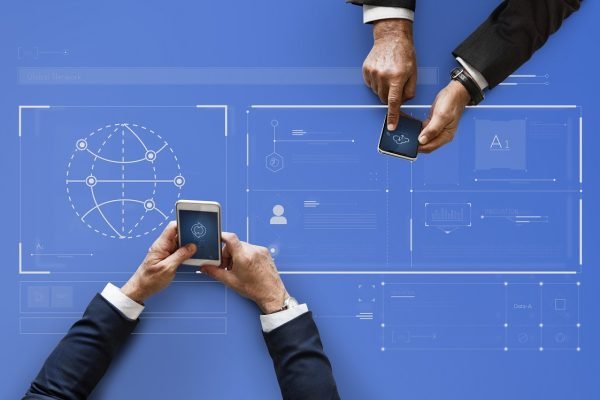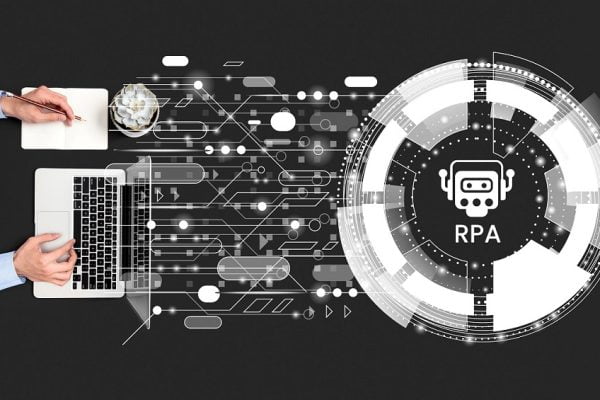
Working of Apache Kafka VS Spark: Apache Optimization
In the dynamic landscape of data management, Apache Kafka and Apache Spark stand out as key open-source solutions. Kafka serves as a real-time data pipeline backbone, excelling in high-throughput and low-latency streaming. Contrastingly, Spark emerges as a versatile data processing powerhouse, handling tasks from real-time processing to machine learning. While Kafka focuses on data movement, Spark’s strength lies in parallel processing, making them complementary. Organizations often synergize both technologies for end-to-end data solutions, ensuring real-time ingestion, processing, and analysis. A nuanced understanding of their distinct capabilities is crucial for informed decision-making in today’s data-driven environment.









